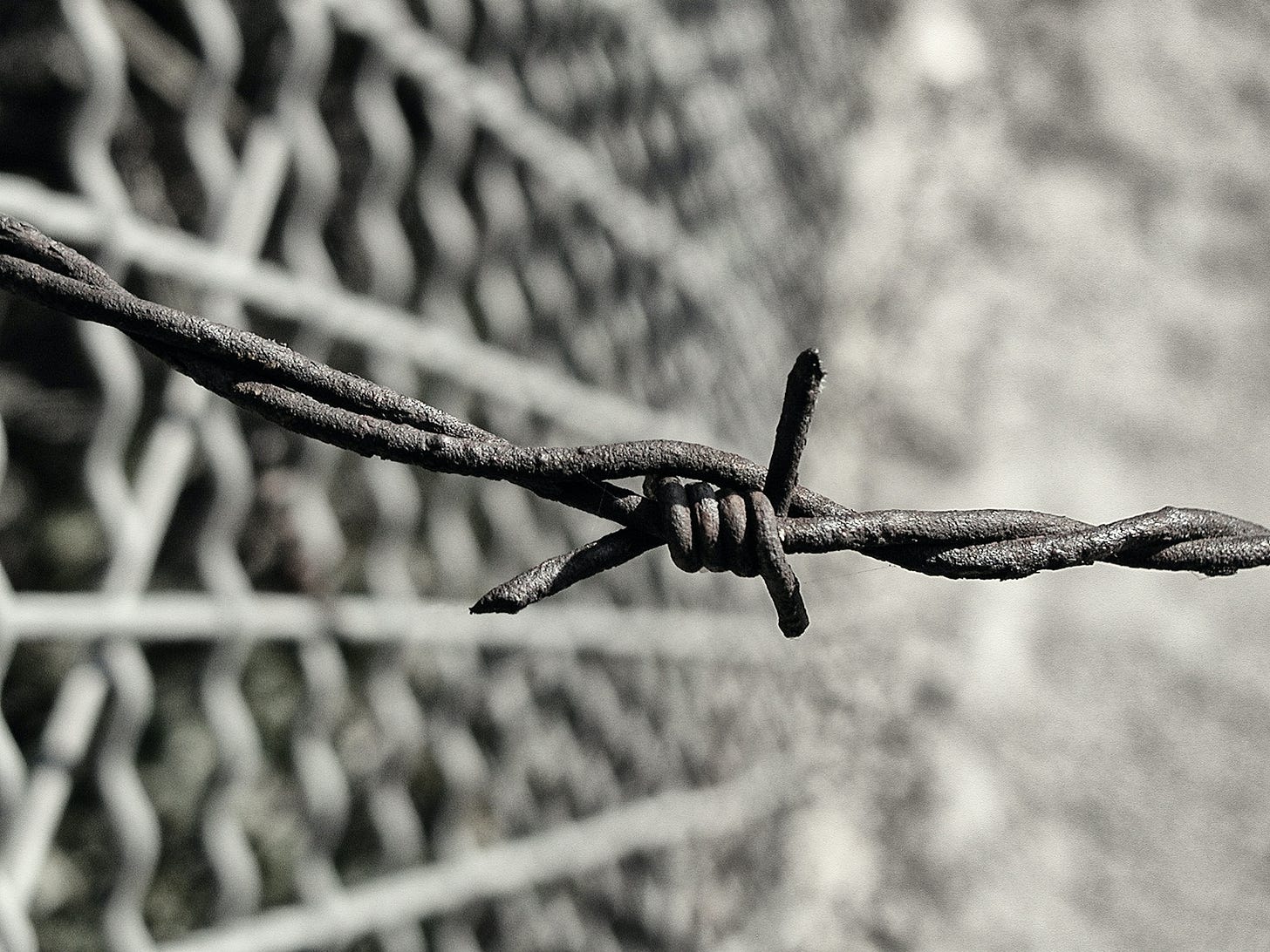There comes a time when the silence is more eloquent than thousand words. When the silence weighs heavily like a huge boulder on the consciousness of those on the receiving end.
But this is not one of those occasions. Now is the time to speak out loud and clear, to pass on the message to those in power who have failed and are failing us since we got our independence more than 75 years back.
I am talking about the terror and atrocities inflicted by our state on the hapless citizens in the name of fighting against terror or insurgency or in the pretext of keeping our national borders intact.
Two incidents - one accident and the other?
Recently there were two incidents in the news. Both the incidents are similar in their fatality and finality. However, they cannot be more different than one another.
The first is the death of 14 civilians in Nagaland, killed by the Indian Army, and the other is the accidental death of CDS Bipin Rawat, with most of his entourage, in a freak helicopter crash.
Death is, especially when accidental and untimely, always tragic. Be it the death of a soldier or a civilian. Be it for the cause of the nation or an ideology. No amount of sympathy, medals, or government largesse can compensate for the loss of life of a family member. However, death usually brings fellow humans together in mourning and consolidates the social bonding.
But these two unfortunate deaths have divided our society in half. On one side is the establishment, with all its power of the state machinery. And those who identify with them.
On the other side are the people of the land. They live a life of inconsequence in the eyes of the establishment. They do not have a voice. And most often, they do not even exist in the eyes of the establishment.
On one side, there is the vilification of a certain class of citizens, and on the other, there is the idolization of some people of a few chosen professions.
Social media - the new battleground
We all know that now society wears its heart in the sleeves of social media. Any issue, the social media is abuzz with the dominant viewpoints, a narrative created to make us all believe a particular reality, which is far away from the truth. Most often than not, the loud-mouthed bullies are peddling the official narrative.
The verdict is pronounced in the social media, leaving no room for any in-depth understanding of the issues. The smoke screen created by the heated discourse in the social media helps the culprit to go scot-free.
In this case of two unfortunate events, this is true as well. In the cacophony of noise, the actual issues get buried, and we shift our gaze to the next happening event. In the meantime, no one mourns the personal loss of families and individuals.
The incident that led to the death of CDS Bipin Rawat and his entourage is tragic, no doubt. The incident raises a lot of questions that may remain unanswered. Is it the handiwork of China, with its imperialist ambitions? Or is it the CIA of the USA, as the Indian government is entering into a defense deal with Russia? Or is it purely an accident? The truth, we may never know.
But we must never fail to ask questions for the death of 14 civilians in the remote border village of Nagaland. What the government does, in this case, is not as far-reaching as our reaction to it.
In one case, we are, as a nation, mourning the death and posting and re-posting the message on various social media to show our loss. While on the other, there is not even a whisper from us, the netizens. The Indian army, the supposed protector of the nation, killed these 14 civilians in the remote village of Nagaland. We cannot pass on this incident to be just another accident.
Are we asking the right questions? Or shall we be satisfied with the official version only? Will there be an independent inquiry into this incident and the culprits booked and punished in a fair trial? Will the rule of law prevail or the executive power of the state? Will the culprits be brought to book, or will they again enjoy absolute impunity with the protection of a draconian law like AFSPA?
The most piercing question we should ask is, who does the army protect anyway? The land, the territory, or the people of the country? What is more important? The territorial control of an area or the protection of the lives of the people living in that area? And, as a society, how many losses of civilian lives should we accept as collateral damage in the name of fighting terrorism or insurgency? 1
Who is the enemy that our army is fighting? Are the enemies across the border? Or are they the citizens of the country who do not concur with the government in power?
There is no scarcity of questions that beg an answer.
Can we call a soldier, who dies in an accident, during peacetime, albeit on duty, a martyr? Is a soldier’s life more valuable than the life of an ordinary citizen? When, say, a miner dies during his duty or sewerage cleaner while cleaning a pit, why can’t he be called a martyr? One has sacrificed his life to build wealth for the nation, and the other cleans the sewage so that we can live a healthy life. It is no way any less noble work. The miner helps the nation to become prosperous enough to keep an army and pay salaries to the soldiers, while the sewerage worker risks his life so that our civic life becomes healthy.
A democracy functions through dialogue between various stakeholders. And social media is a great space to voice our concerns and dissent. At the same time, it acts as a mirror that shows the real face of society. The face I see of society is concerning. The face belongs to someone devoid of all empathy towards his fellow countrymen. No regard for human life as long as that life does not belong to someone from his inner circle. And too much adherence to the men in power. The face only understands the binary of us and them and forgets that it is also part of them on some occasions. In short, the face lacks the character required to be a thinking citizen.
And that face belongs to all of us.
Incidentally, the US Army first used the phrase collateral damage during the Vietnam war to denote the number of civilian deaths in an operation.















Share this post